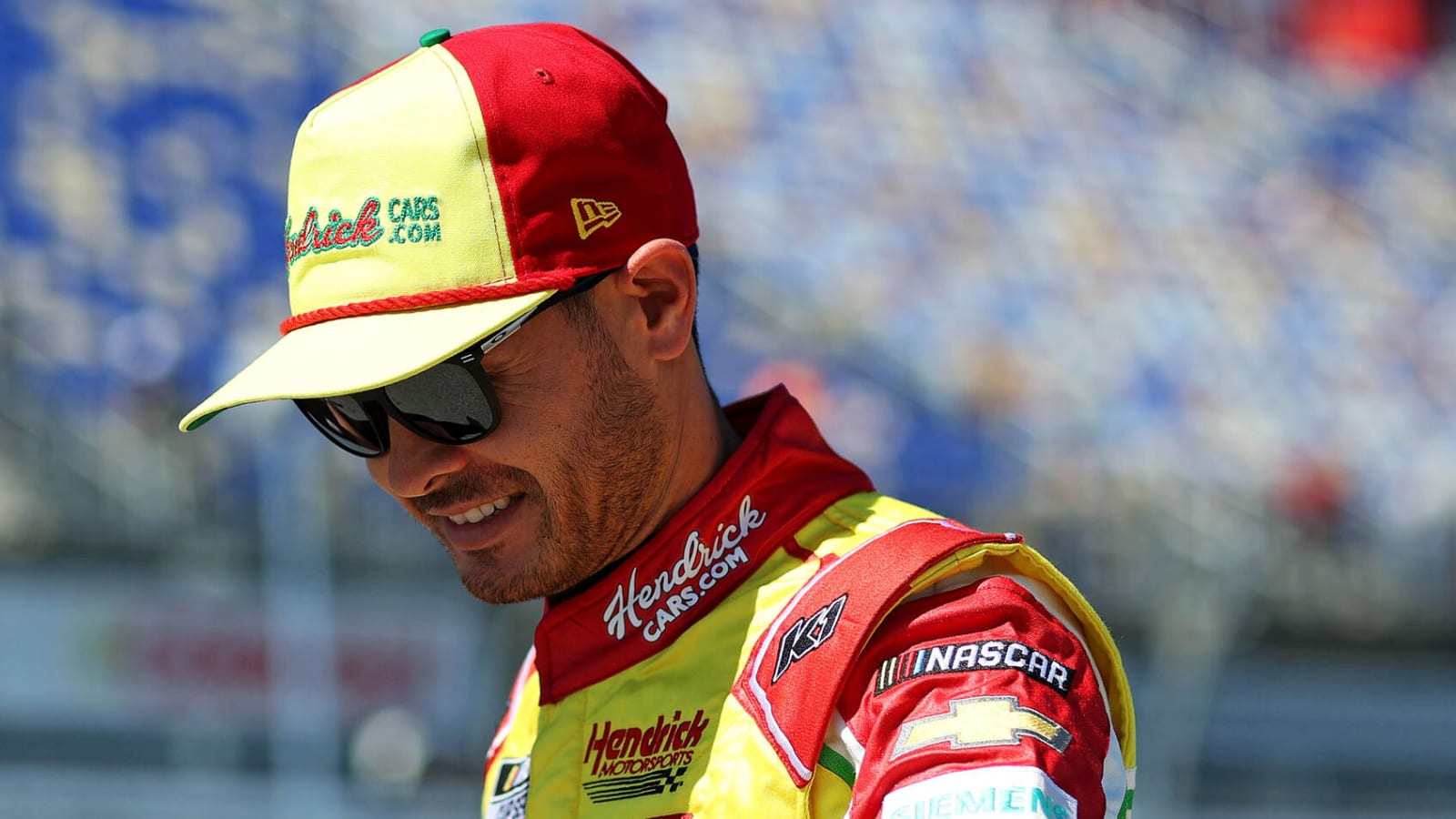
Should NASCAR's All-Star Race pay more to win?
Money is seemingly everything in sports nowadays. If you’re one of the best at what you do in a specific sport, teams are not bashful about paying you tens of millions of dollars just so your services stick with that team. While the specific contracts of NASCAR drivers aren’t known to the public, one likely wouldn’t be far off from estimating that Kyle Larson, Denny Hamlin and Ryan Blaney are all raking in millions of dollars every year from their team owners, just so those team owners know that their star drivers won’t be hitting the free agency market.
That’s why it’s so weird that one of NASCAR’s biggest races — a crown jewel, in fact — in the All-Star Race only pays $1 million to win.
Let's not mince words: $1 million is a ton of money for the average American, but Kyle Larson and Denny Hamlin are not the average American. Rather than a life-changing sum, $1 million is a drop in the bucket for the stars of the NASCAR Cup Series. Unless a massive underdog were to find themselves in victory lane, the prize money involved in winning the All-Star race is secondary to the allure of winning at Charlotte, or Bristol, or North Wilkesboro. The pride and bragging rights mean more to the drivers than a check that, after taxes, won’t be noticed in their year-end budget meetings.
When NASCAR’s All-Star Race, then called “The Winston,” debuted in 1985, it paid $200,000 to win. That may be small potatoes today, but in 1985, that check could be life-changing for both driver and team. For a sport only in its 37th year of competition in 1985, a prize that big was serious motivation for a field that, at the time, was only made of race winners from the previous season — the best of the best.
In 2003, the prize money finally hit that magical $1 million mark, paying just under the same amount to win as the Daytona 500, which traditionally pays around $1.5-2 million. For a sport that was rapidly growing to become the second most popular sports league in America, the prize money was destined to keep soaring.
Yet here we sit just over 72 hours from the 2024 NASCAR All-Star Race, and the prize money for winning the race is the exact same. Add in that the All-Star Race doesn’t count for points, and aside from a relatively paltry check second through last place simply doesn’t matter. That’s not an inherently bad thing, as it makes winning that much more desirable, and in theory, the racing that much more intense, but increasing the prize money would be the surefire way to increase both driver intensity and fan engagement.
Adjusted for inflation, $1 million in 2003 equals roughly $1.7 million today. There’s no reason that NASCAR can’t round that up and make the All-Star Race worth $2 million to win or even $5 million. On the heels of signing a $7 billion TV deal, NASCAR has the funds to make their All-Star Race one of the richest All-Star events in sports. For whatever reason, they choose not to.
Every driver in the field will be motivated to win Sunday’s All-Star Race at North Wilkesboro, but if NASCAR wants the event to remain a crown jewel, an increase in the winning payout may be the only option for a race that continues to lose its luster.
More must-reads:
- Kyle Larson feeling confident ahead of his 'Double' attempt
- Atlanta to be first race of NASCAR's In-Season Tournament
- The 'Daytona 500 winners' quiz
Breaking News
Customize Your Newsletter
 +
+
Get the latest news and rumors, customized to your favorite sports and teams. Emailed daily. Always free!

